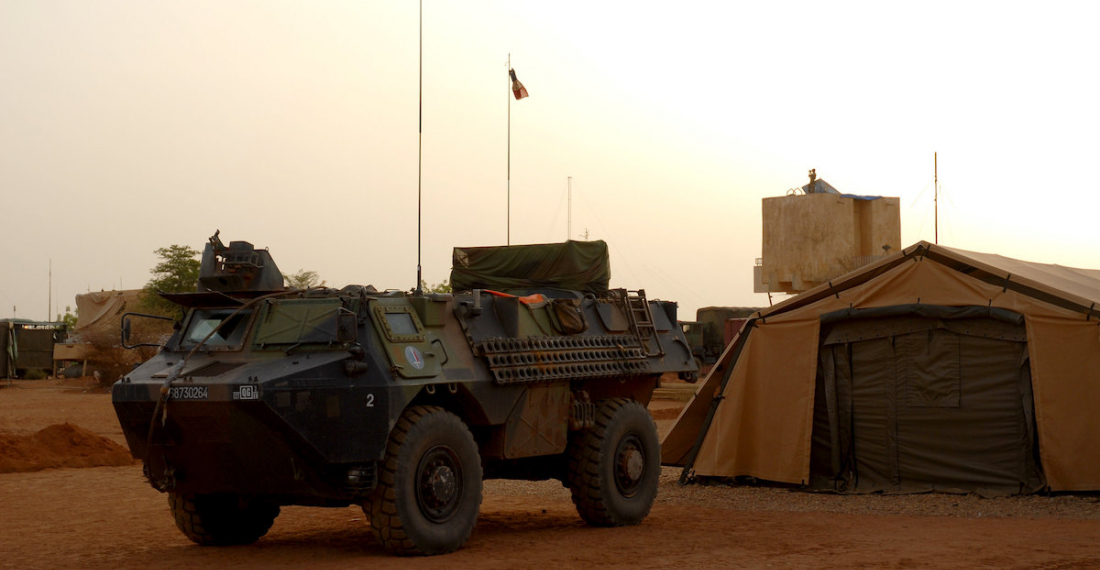On Monday (21 June), a car bomb attack on the French forces of Operation Barkhane injured several people in the district of Kaigourou in Gossi, central Mali.
In the early hours of the morning, a suicide vehicle attacked a vehicle of the Barkhane force, which was on a reconnaissance mission to secure the area around the forward operating base of Gossi, the French Defence Staff announced in a statement.
According to the French army, "six French soldiers and four Malian civilians, including a child, were injured". All were evacuated to the military hospitals of Gao (northern Mali) and Gossi.
This attack comes as France prepares to begin a gradual disengagement in the Sahel. On 10 June, French president Emmanuel Macron announced the "end of Operation Barkhane as an external operation" and the upcoming "profound transformation" of the French military presence in the Sahel. The Barkhane force, made up of 5,100 soldiers, is to be gradually replaced by local armies and the European special forces group Takuba, which has yet to ramp up.







